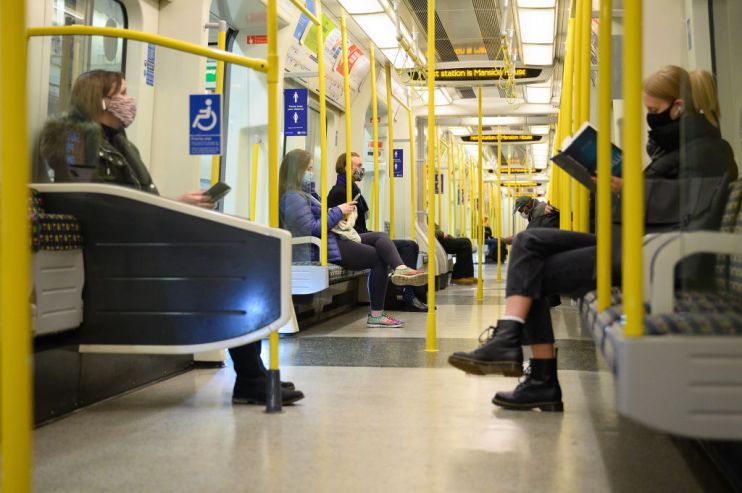ONS considering bigger cash rewards to address drop in survey response rate

The Office for National Statistics (ONS) is considering offering bigger cash incentives for participants in its surveys as it seeks to address the declining response rate.
Having seen evidence that a £20 reward encouraged participation in surveys in Northern Ireland, the ONS is considering offering similar sweeteners across its surveys.
“You need a sweet spot for effectiveness and value for money… [but] we haven’t settled on an amount,” Darren Morgan, ONS director for economic statistics production told the Financial Times.
The ONS is grappling with falling response rates to its flagship Labour Force Survey, which has raised big question marks about its accuracy.
Response rates have been on a downward trend since the pandemic but have recently fallen to such an extent that last month the ONS opted to publish “experimental” estimates for the labour market.
The ONS announced it was taking steps to improve the accuracy of its survey, including reimplementing in-person interviews and boosting the sample size. It aims to have the Transformed Labour Force Survey ready from March 2024.
In the meantime, policymakers at both the Bank of England and the Treasury are operating without guidance on crucial aspects of the UK economy at a time of great economic uncertainty.
The Bank has highlighted developments in the labour market as crucial indicators for assessing how its aggressive monetary tightening is impacting the economy. Later this week, the ONS is due to publish its latest set of bare-bones figures.
Sandra Horsfield, UK economist at Investec, noted that “how much weight one can put on these is naturally unknowable”. Nevertheless, economists expect the unemployment rate to remain at around 4.2 per cent.
Wage growth including bonuses, which the Bank has highlighted as a key indicator of inflationary persistence, is expected to average 7.4 per cent in the three months to September, down from 8.1 per cent in the previous reading.
Although wage figures are less susceptible to problems in the data, policymakers at the Bank have expressed increasing scepticism at the elevated levels of wage growth suggested by the ONS.
“The BoE seems of the view that true wage growth may be around seven per cent rather than eight per cent at present,” Horsfield said.